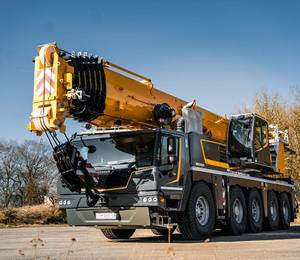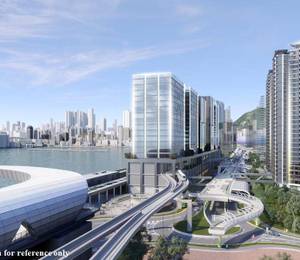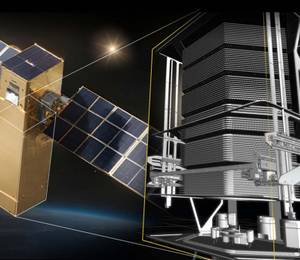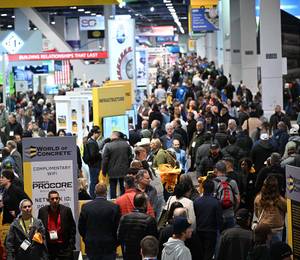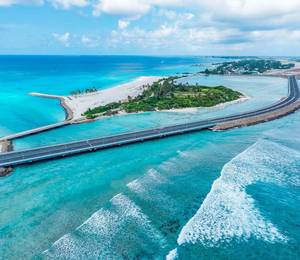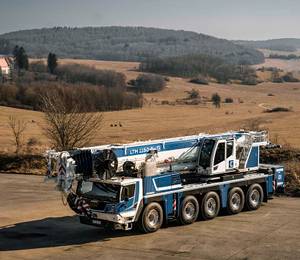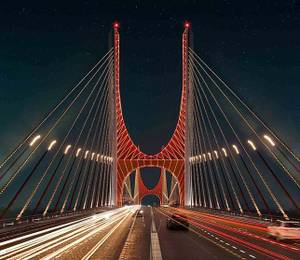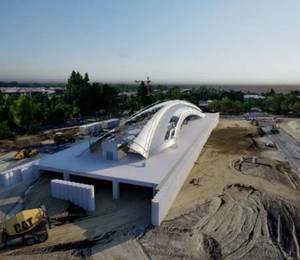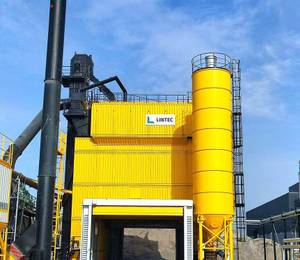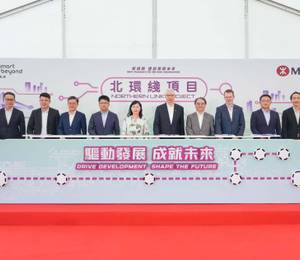Since she was young, Onvaree Techakesari has always been curious about how things work, how they are built, and why they work. “I like numbers, maths, physics, and any problem-solving subjects,” she says.
Her interest inspired her to choose engineering as a career. “It allows me to do what I enjoy, and it fulfils my curiosities.”
“Construction work enables me to experience how a design is brought to life,” she adds. “It also provides me with the opportunity to work with a large group of people having different backgrounds and skill sets.”
Based in Bangkok, Thailand, Onvaree is now working for Black & Veatch as a field engineer for electrical and controls/instrumentation at a power plant in Batang, Central Java, Indonesia. Her main goal is to ensure that the construction of the facility is completed based on the agreed design and requirements. To do this, she needs to collaborate with the various stakeholders on the project.
“I communicate with clients to help with their technical concerns and engage with the construction team to resolve technical issues on site,” she explains. “I also coordinate with the design engineers, as well as the equipment suppliers for technical support during construction.
“A lot of effort is required to balance and manage conflicting views among the stakeholders. But I believe that, once the project is completed and put into operation, it would be a great feeling and the most rewarding experience.”
Entering the digital world
Onvaree is also looking forward to the future of the construction industry, especially in the power sector. “One trend I have been following closely is digital transformation. It is exciting to see how it is unfolding and accelerating Asia’s energy transition.”
According to Black & Veatch's 2021 Strategic Directions: Megatrends Report, digital transformation is one of the megatrends that is setting the stage for utility transformation over the next decade, she reveals.
“At this point, leveraging smart infrastructure to enable data-driven operations remains a work in progress, as only a few early adopters have truly operationalised data in a significant way. What is promising is that, a growing number of large investor-owned utilities are making major commitments to using data to transform their operations, even as they remain challenged by budget constraints, competing priorities and regulatory hurdles.
“In Southeast Asia, one application that could be useful to the power sector is asset performance management (APM) technology, which helps to anticipate equipment failures and avoid costly outages.”
She highlights another application, dynamic load balancing technology, which could help to address regional grid resilience and sustainability goals. “The technology helps to simplify grid management complexities as the region faces supply unpredictability due to increased variable renewable energy and distributed power infrastructure in the grid.”
With that in mind, Onvaree looks set to embrace the digital world.
When asked about her experience working in a male-dominated industry, Onvaree says she has no problem so far. As a field electrical and instrument engineer, “I face similar challenges as my male counterparts.”
“I believe in gender equality,” she says. “Anyone who enjoys hands-on work, problem solving, and working in a fast-paced environment with a large group of people should join the construction industry. The experience is worthwhile.”
Photos courtesy of Onvaree Techakesari
